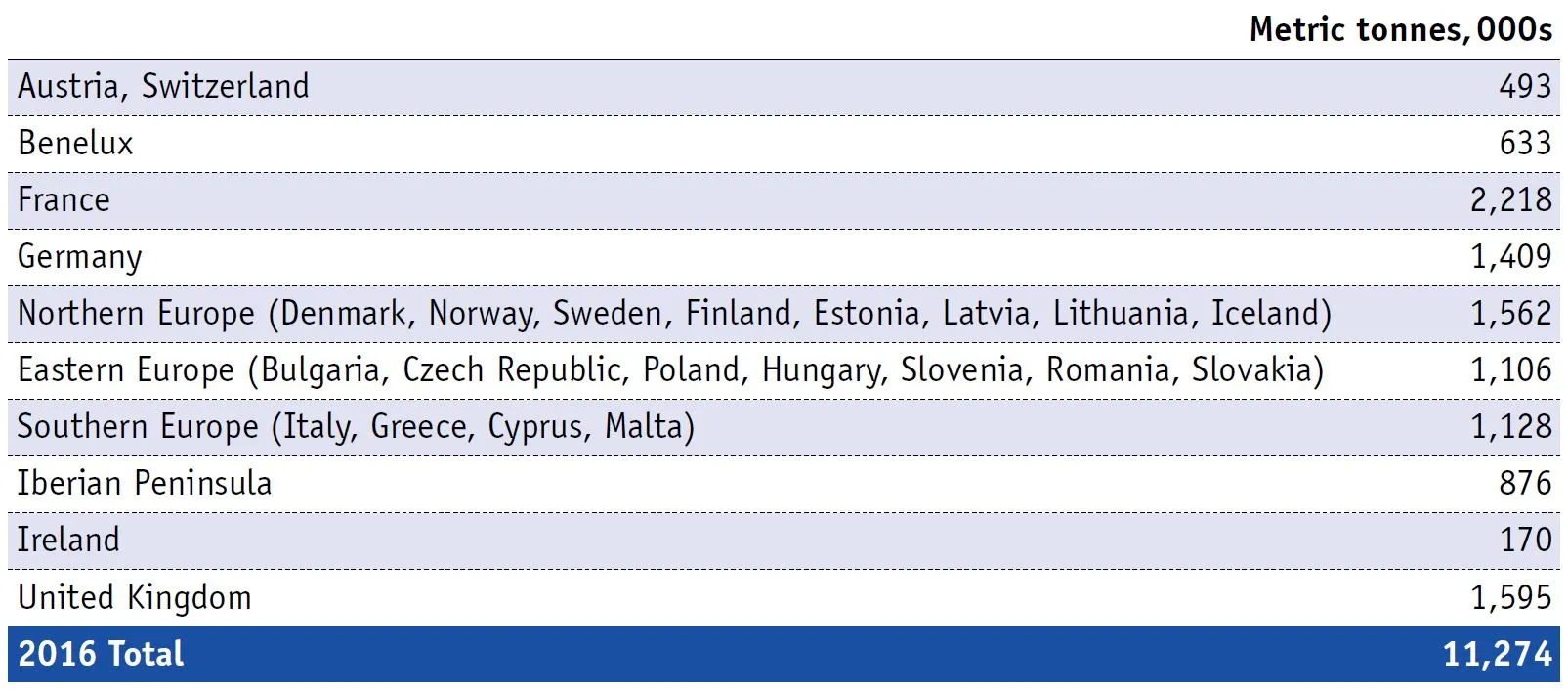
The UK could build one of Europe’s longest road tunnels as it considers route options for a new major link connecting the cities of Manchester and Sheffield in England.
An interim report looking at how best to connect the cities suggested that the road could be between 40km-50km, depending on the route. It “will include a tunnelled section, which could range from between 20-30km, making it one of the longest road tunnels ever built”.
The report also suggested robotic equipment be considered for routine inspections and maintenance tasks, such as tunnel cleaning and waste. “Robotic traffic management will also eliminate the dangers inherent in current systems of traffic management for large-scale maintenance schemes.”
Geology of the Pennines is generally suitable for construction of bored tunnels, said the report. “Our preliminary analysis suggests that the cross section through the tunnel will be dual carriageway and we need to have a minimum of two lanes in each direction.” But “the diameter of tunnel bores would be limited to around 15m using present-day tunnel boring machines”.
Tunnel design could be effected by the shift from oil-derived combustion to electric, hydrogen and other fuel sources that could reduce the need for ventilation shafts to remove exhaust fumes. The tunnel would need to incorporate low-maintenance systems and products to minimise the frequency of operations and to eliminate unnecessary or hazardous activities.
Even so, it is early days yet for detailed design considerations, according to the Trans-Pennine Tunnel Study Interim Report, published by a Mouchel-Hyder joint venture.
In July,
The report is investigating the strategic and economic case for a new high-standard highway route between Manchester and Sheffield, including assessing the potential opportunities of combining with a rail or light rail link. It is anticipated that the new route will cross the Pennines and the Peak District National Park, an extremely environmentally sensitive area.
“We are at too early a stage in the design of the potential scheme to present robust analysis on any of the economic costs and benefits of a scheme,” the report noted. Potential significant benefits include reductions in travel time of up to 30 minutes for both passenger and freight traffic between Manchester and Sheffield.
The current journey between Manchester and Sheffield over Pennine routes is around 72km and takes an average of 85 minutes. The same journey is 120km by the M62 motorway and takes 95 minutes.
Reduced travel over the Pennines could have positive impacts on the environment, according to the study.
“The means by which this new strategic route will be funded have not yet been considered. One option might be to introduce road-user tolls, but this would have an impact on the economic case for the scheme. The effects of tolling will be considered in later stages of the study, although a decision on whether or not to toll the road is outside the scope of the current study.”
Mouchel-Hyder said a final report would be published by October 2016.
The interim report is available by %$Linker:







